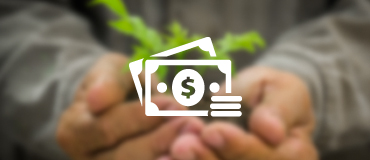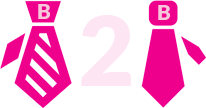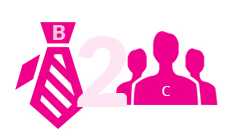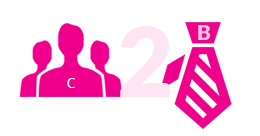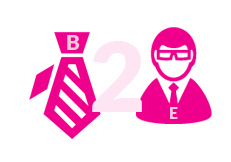Business-to-Business Marketplaces are online platforms where companies can do transactions with other companies. For example, manufacturers to wholesalers, wholesalers to retailers, etc. Distribution networks, supply chain, stock and inventory, product portfolio, contracting, shipping methods, payment terms and communication between companies are the most relevant characteristics of B2B Marketplaces.
This refers to online transactions between an individual or a business with the end consumer. In terms of size and volume, B2B transactions are typically much higher than that of B2C transactions; however B2C are the transactions which require best communication, collaboration and engagement channels to connect with the consumers.
Consider a portal where Terry posts a requirement for organising a birthday party for his son. Within hours, he gets quote from both small and big event management companies. He then further reviews the price, company's track record, and testimonials from previous users before selecting a company that will manage this event. Essentially, this meeting ground and platform is offered by a consumer-to-business marketplace solution.
Websites offering free classifieds, online auctions, help forums where individuals can buy and sell products, services or information online with ease. A classic example is eBay's auction service.
An online marketplace can even take a form of an internal network between a company and its employees for communication and collaboration, or for running competitions, distributing discount coupons, etc. Such engagement can be treated as a B2E (Business-to Employee) transaction.
Other categories of Internet marketplace include G2G (Government-to-Government), G2E (Government-to-Employee), G2B (Government-to-Business), B2G (Business-to-Government), G2C (Government-to-Citizen), C2G (Citizen-to-Government) involving transactions with the government like online tendering, tax filing, bidding, procurement, company registration to license renewal, etc.







